Ukraine's youth leaders trained as first aid arts responders to prioritize children’s psycho-social needs
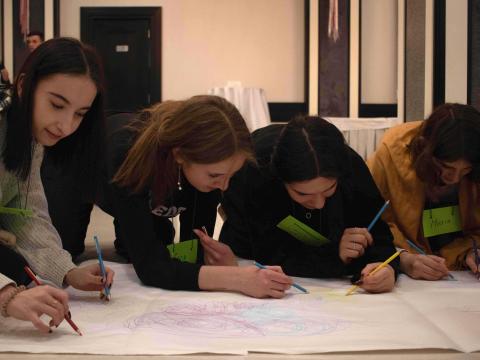
Over 16,000 people who are internally displaced in Ukraine will be reached by a psycho-social program led by First Aid Arts (FAA) Organization that will equip communities with effective arts-based tools to increase the people’s resilience from the ongoing war and help decrease adverse and stressful experiences.
The program provided training to 60 youth leaders as FAA responders through funding support from USAID’s Bureau for Humanitarian Assistance (BHA) and in the consortium of five organizations lead by ACTED Ukraine, Ukraine Response Consortium, World Vision and Health Right International Ukraine.
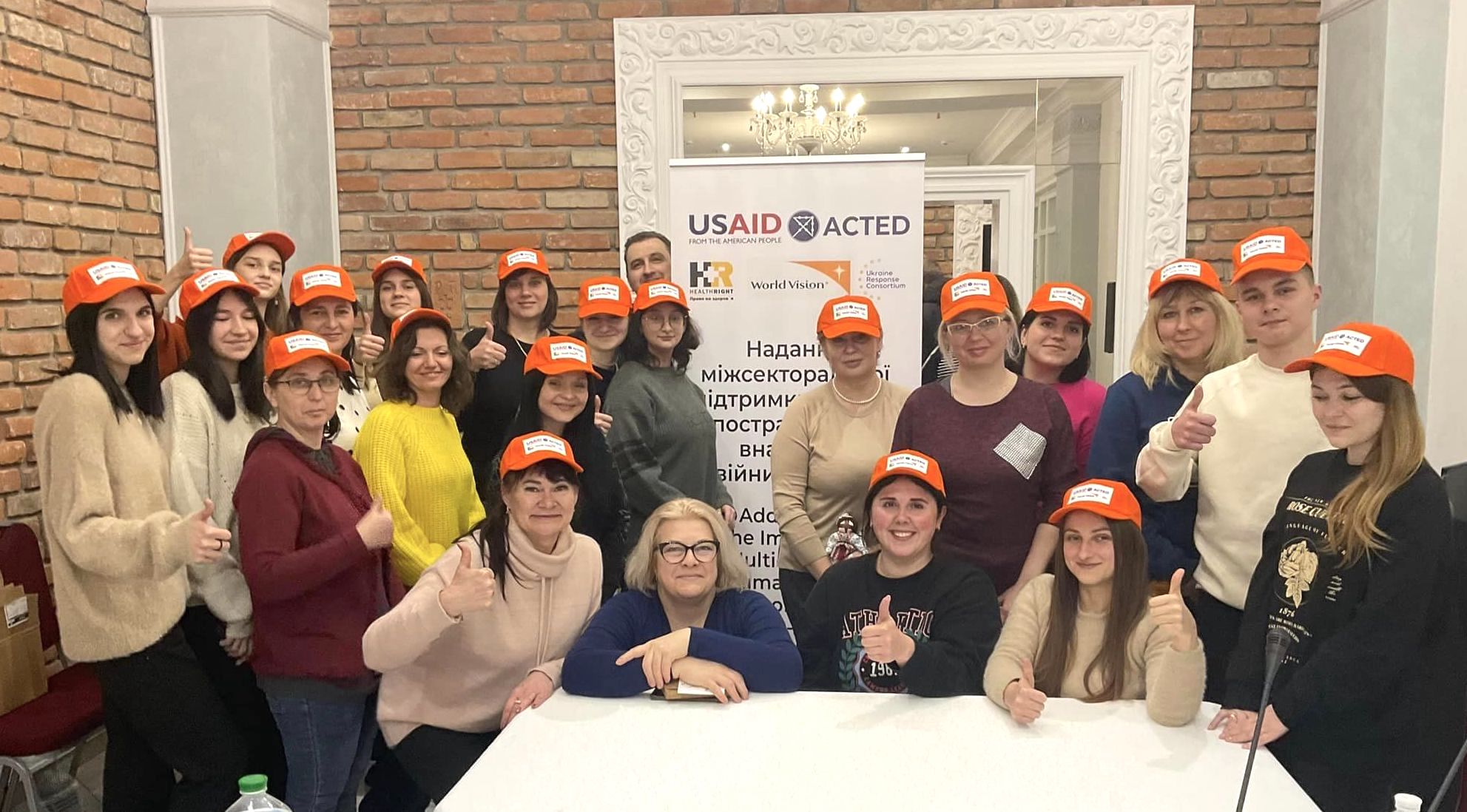
"This training will help the youth deal with stress and be more resilient. They learned different tools on how to connect in healthy ways with others and how to build resilience for themselves and the community," World Vision Chief of Party for BHA Grant Blerina Lako said.
The FAA trainers supervised by World Vision provide technical support to the responders and ensure the strict adherence to psycho-social support (PSS) standards and the Do No Harm Principle.
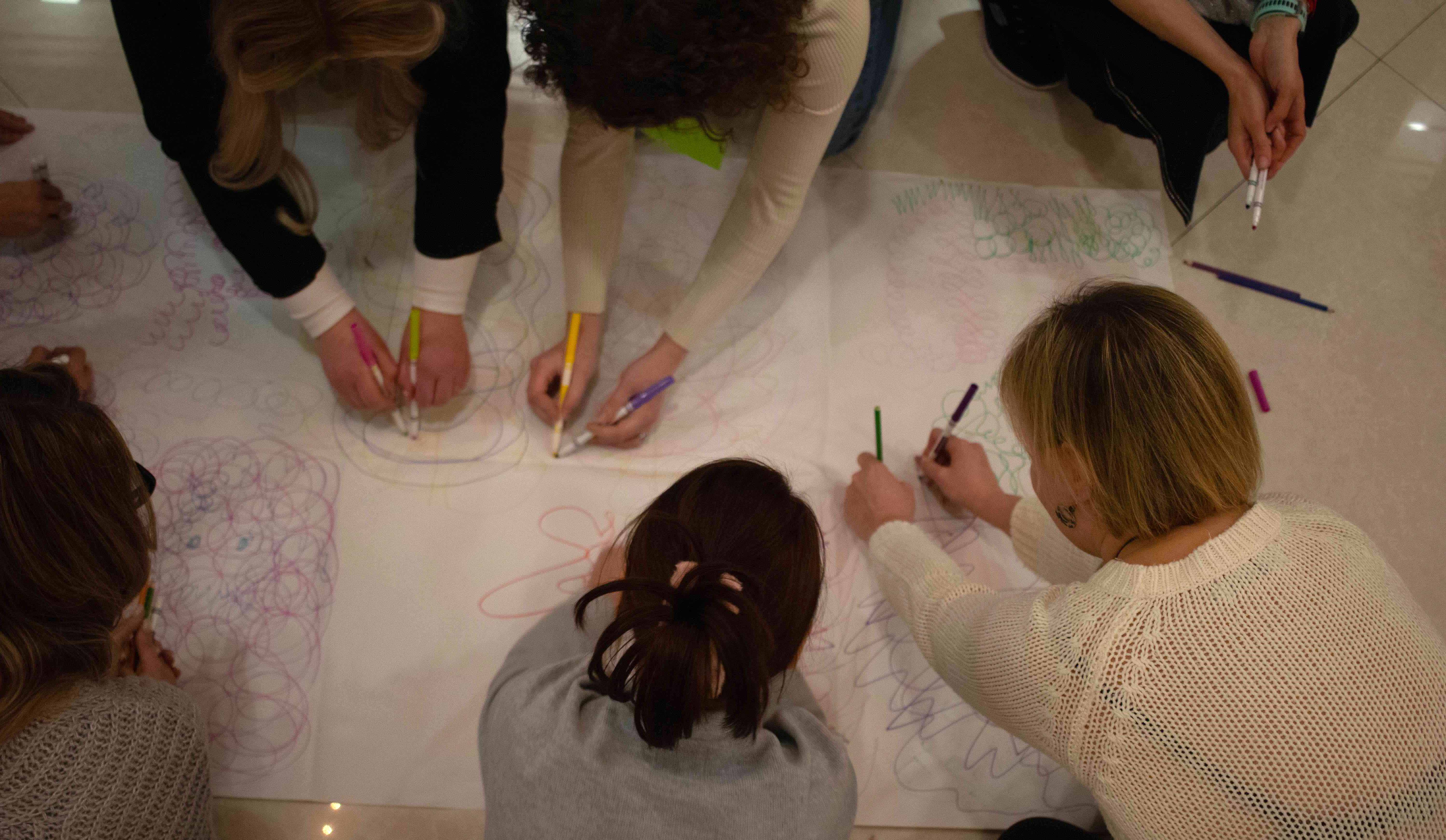
FAA has developed tools and training for building resilience and addressing the impacts of toxic stress and trauma and are specifically designed for use by care providers for self-care and support of others through one-on-one and group-based activities.
Following the medical First Aid model, FAA trains and certifies care providers and individuals with the training and skills necessary to become FAA responders. Training includes psycho-education on the neuroscience and biological impacts of toxic stress and trauma which helps participants learn to identify and recognize specific signs and symptoms.
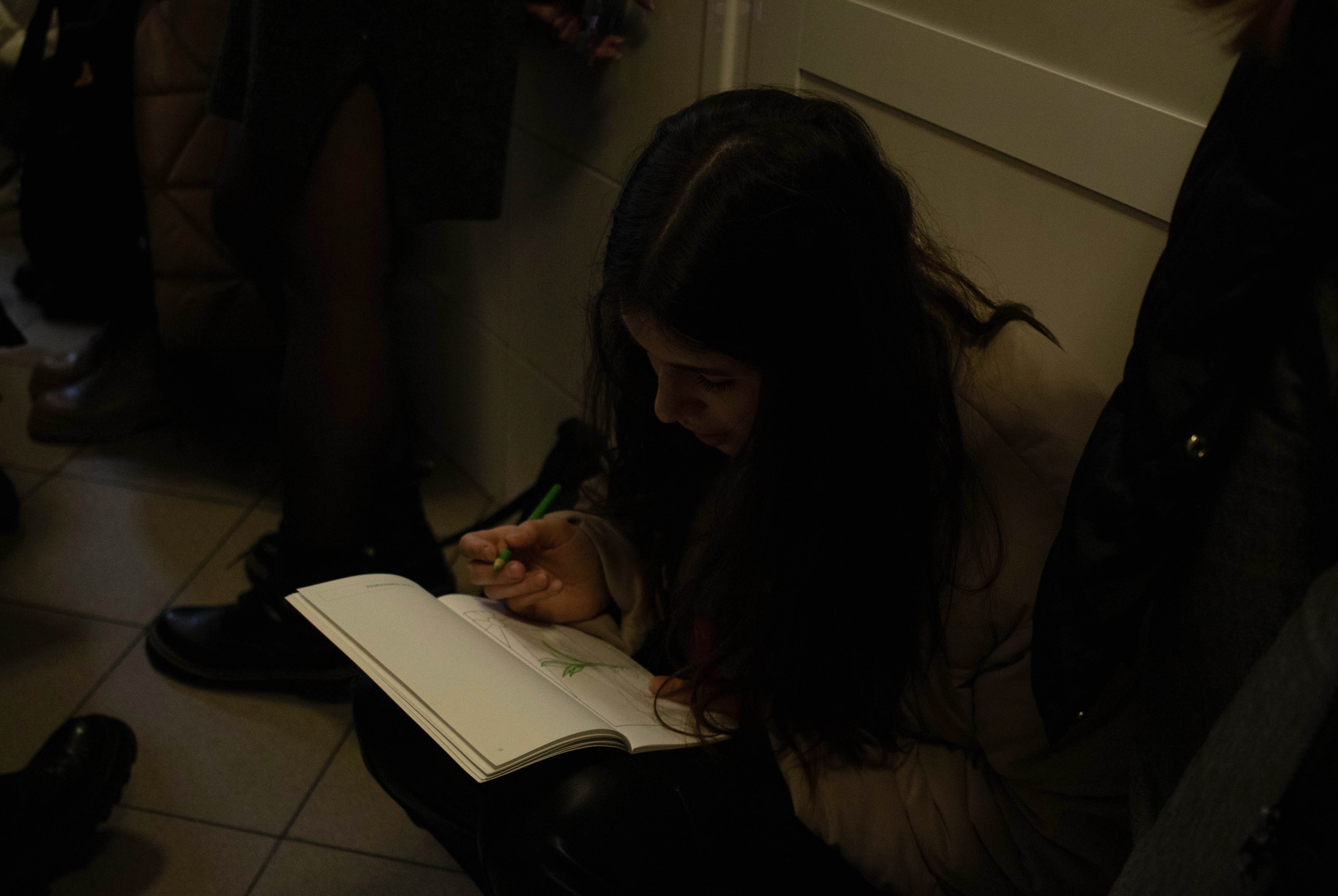
FAA Responders learn to practice the Three R’s – Recognize, Respond, and Refer. FAA empowers people to respond with intention using specific arts-based interventions found in the FAA Responder Toolkit.
"I already have experience working with children, but after graduation I plan to help people who suffered in the war. This training provided me with tools to teach people to overcome stress and be at peace with themselves"
“I will soon become a professional social worker. I already have experience working with children, but after graduation I plan to help people who suffered in the war. This training provided me with tools to teach people to overcome stress and be at peace with themselves,” Kateryna Chorna, one of the participants, shared.
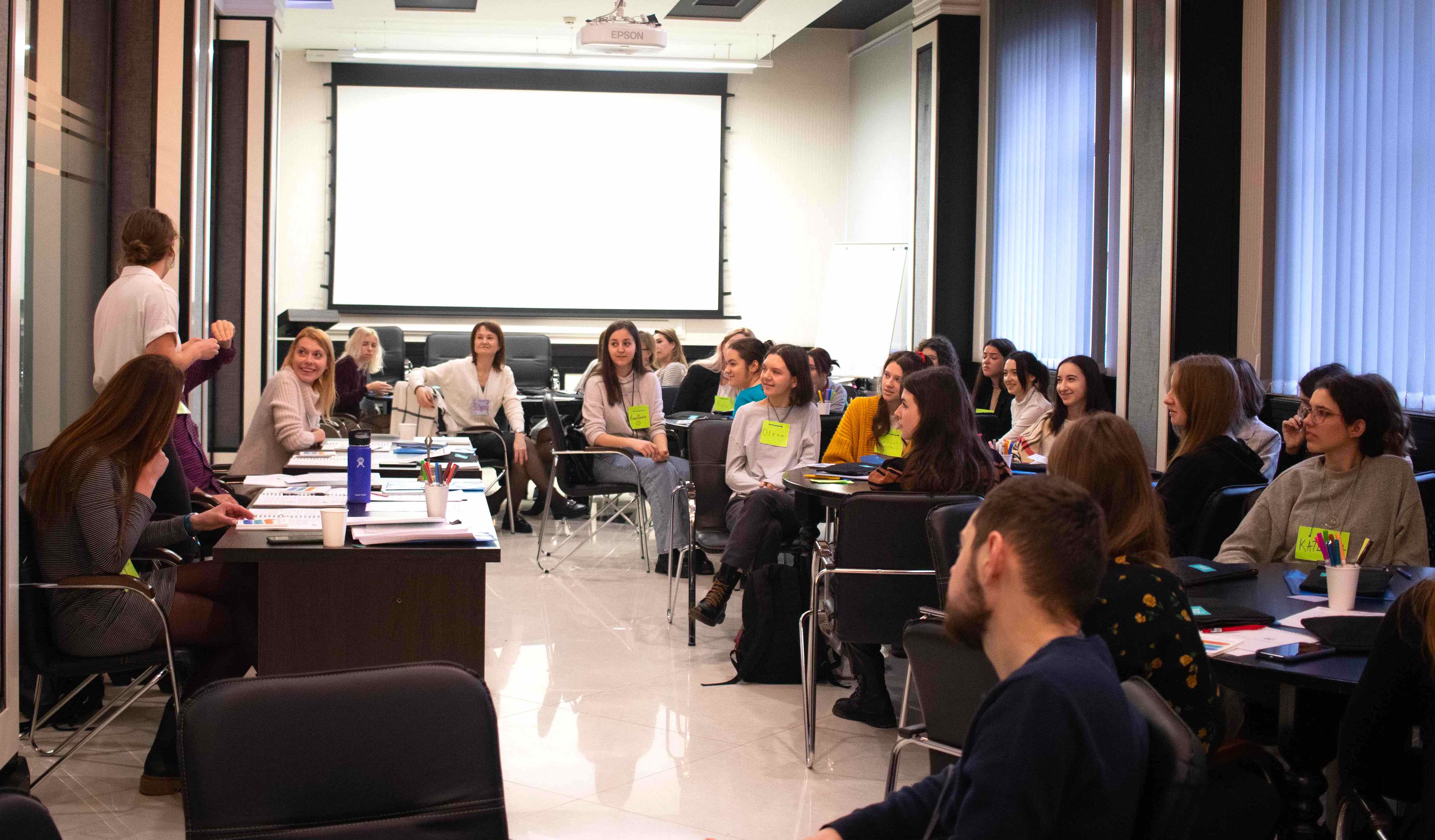
The responders are expected to work in and serve collective sites, air raid shelters and other public areas where the internally displaced converge. Materials for child-friendly spaces will also be provided to assist parents and children during displacement and air alarm periods.
First Aid Arts’ Responder Program is a strategic resource for supporting the psychosocial well-being of both care providers and care receivers in World Vision Ukraine Response.
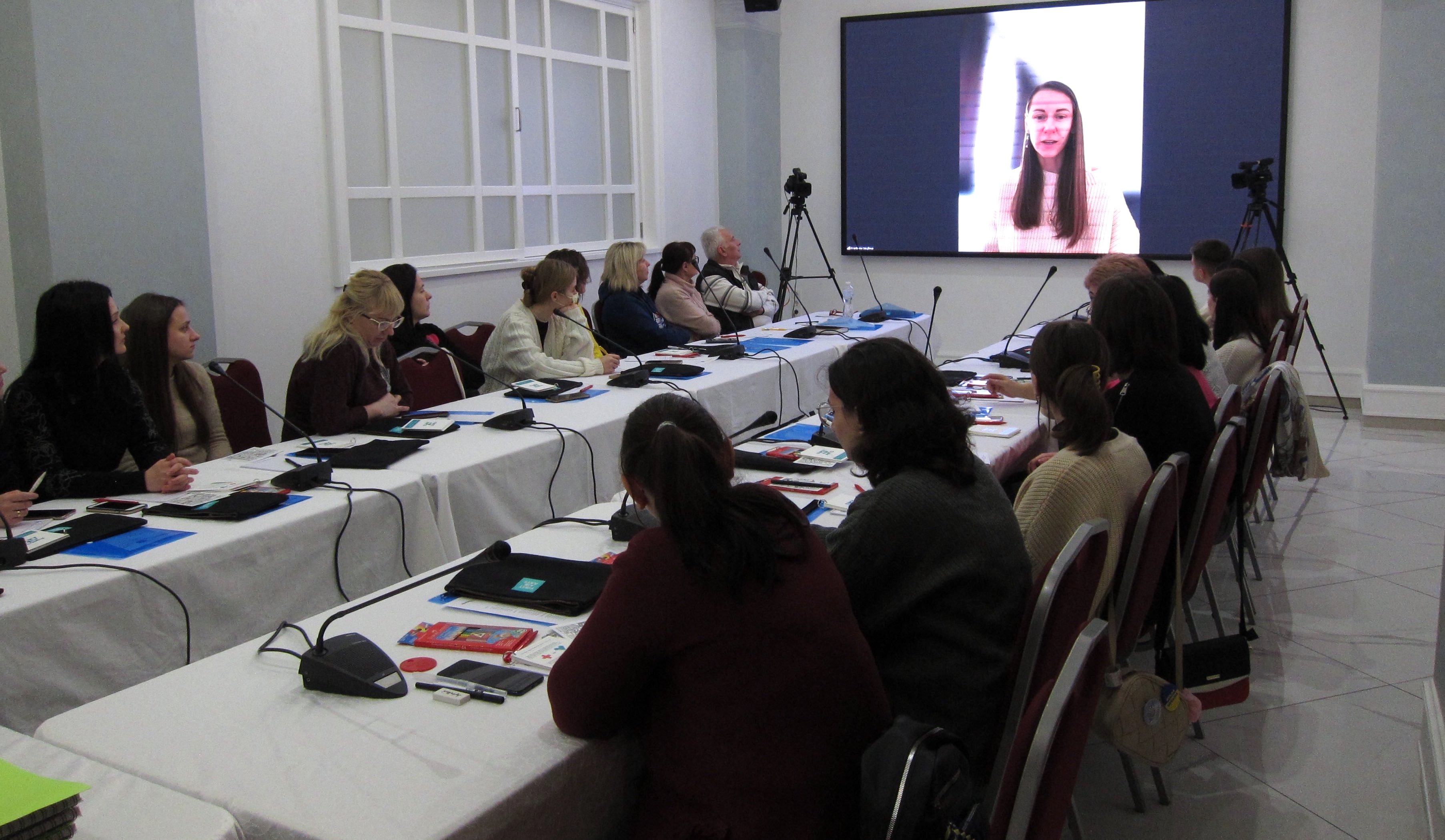
The recent Humanitarian Needs Overview released by UNOCHA showed that 17.6 million people are still in dire need of multi-sectoral humanitarian assistance, including 6.3 million IDPs, 4.4 million returnees and 6.9 million who remained in their homes.
To date, World Vision’s response to the Ukraine crisis has reached 412,418 internally displaced people in Ukraine, and a total of 656,320 in its four countries of operations in Ukraine, Romania, Moldova and Georgia.
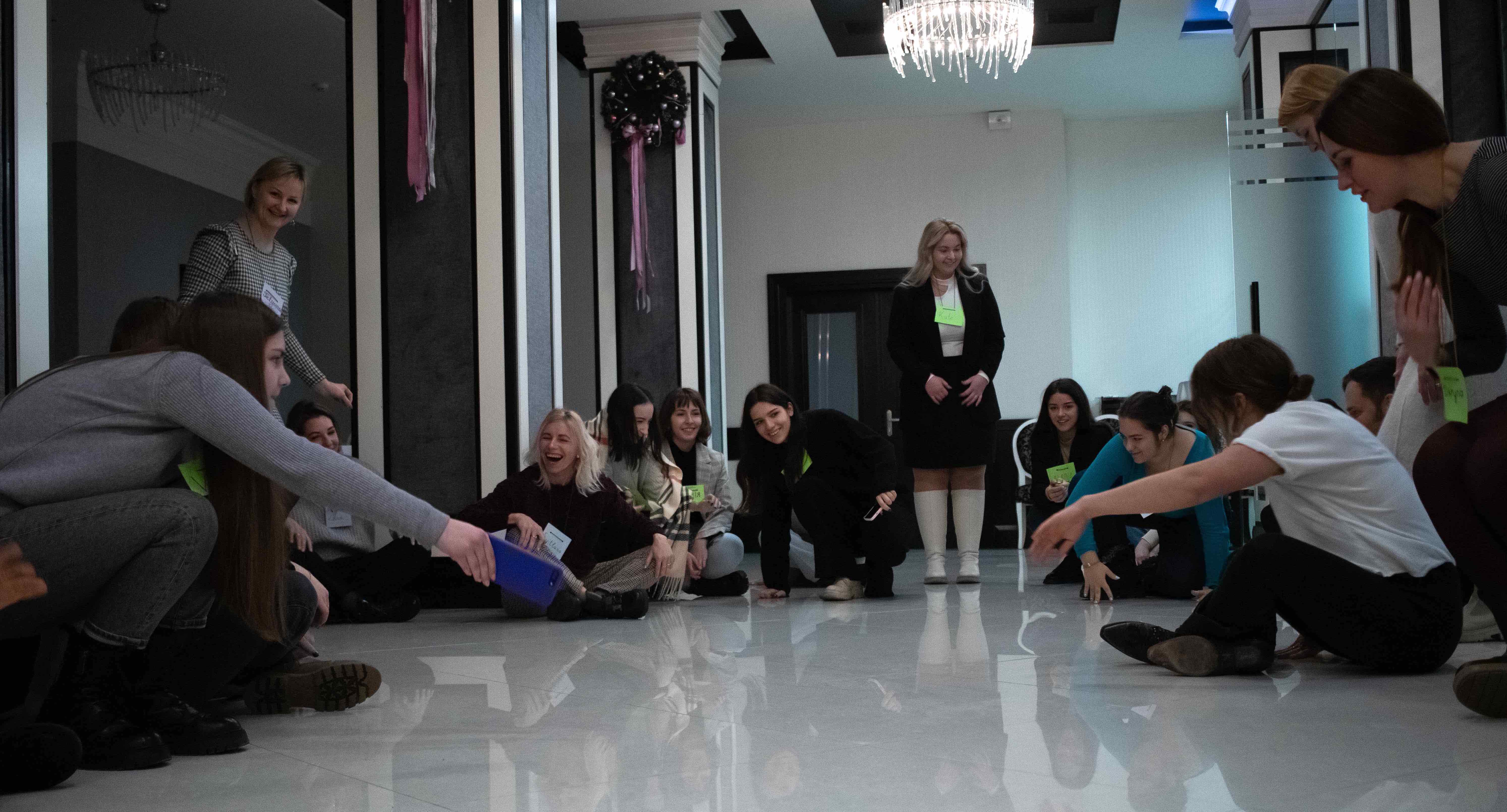
Story by Olha Pasynkova, Ukraine Safeguarding Officer and Leoniza Morales, UCR Communications Specialist